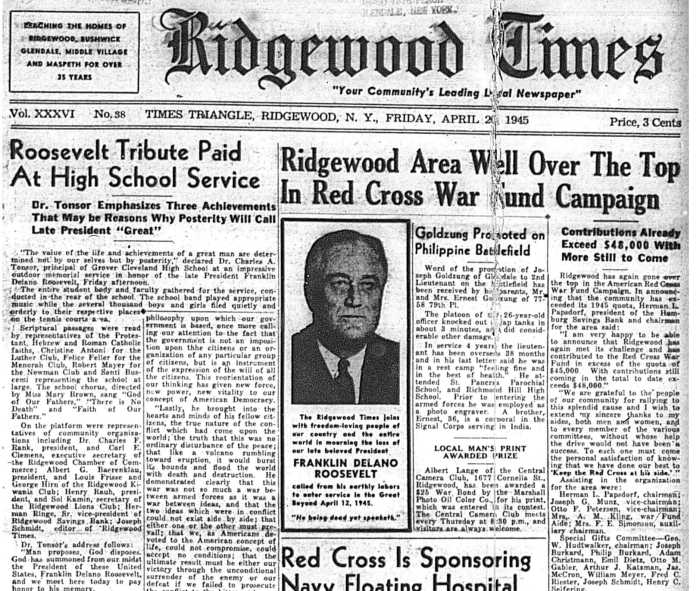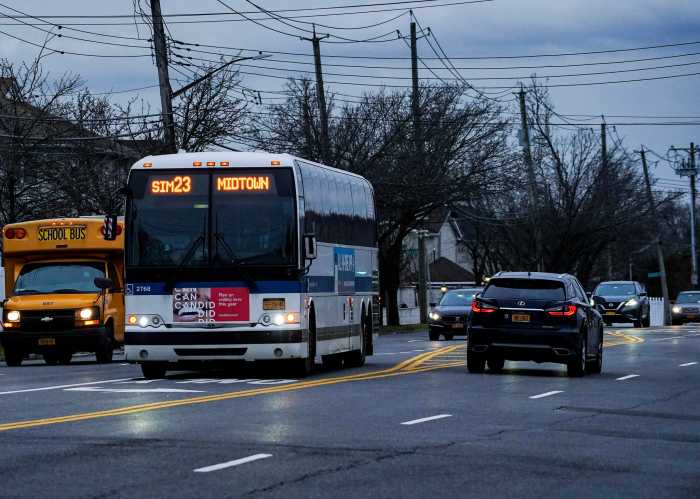Assemblywoman Michele Titus announced that the 2013-14 state budget increases the state’s minimum wage to $9.00 per hour by 2016. The wage will gradually increase over the next three years from $7.25 to $8.00 per hour on Dec. 31, 2013; to $8.75 on Dec. 31, 2014; and then to $9.00 per hour on Dec. 31, 2015.
“New Yorkers overwhelmingly support raising the minimum wage because it is the right thing to do morally, and it will help jumpstart consumer spending and spur the economy,” Assemblywoman Titus said. “The Assembly Majority has led the fight to raise the wage, and soon, the thousands of hardworking families who depend on it will have a little more money in their pockets. This is a huge victory for not only minimum-wage employees, but workers across the state.”
Increasing the minimum wage is also good for business, Assemblywoman Titus noted. The Retail Council of New York pointed out that minimum wage workers are also customers and are more likely to spend any increase in income locally.
The increase to the minimum wage will directly benefit 925,000 New Yorkers currently earning below $9.00 an hour, which is over 10 percent of the state’s employed population. A worker making the current minimum wage of $7.25 per hour earns just over $15,000 annually if they work 40 hours per week for all 52 weeks in a year. Under the new law, minimum-wage earners working full time would earn about $16,640 beginning Dec. 31, 2013; roughly $18,200 beginning Dec. 31, 2014; and roughly $18,720 beginning Dec. 31, 2015.
The Assembly Majority has led a strong fight to increase the minimum wage, voting last year to increase it to $8.50 per hour and voting twice again this year to raise it to $9.00 per hour. The issue has become a hot-button topic nationally, and with over 80 percent of New Yorkers showing their support for an increased minimum wage, the Assembly delivered the results that hardworking families expect and deserve, Assemblywoman Titus noted.
“The gap between the rich and poor keeps growing, the cost of living keeps rising and wages have stagnated – we need to turn the tide,” Assemblywoman Titus said. “Raising the minimum wage helps level the playing field, while putting money into the pockets of those most likely to spend it at our local small businesses. That creates more jobs through a spike in consumer demand.”
From 2002 to 2012, gasoline prices rose 169 percent; education costs rose 72 percent; household energy costs increased 49 percent; medical care increased 45 percent; groceries went up 32 percent; and clothing increased 2 percent. New York State’s minimum wage has increased a mere 10 cents since 2007, and was last raised when the federal minimum wage increased from $7.15 per hour to $7.25 per hour in 2009.
Additionally, the neighboring states of Massachusetts, Connecticut and Vermont have higher minimum wages than New York State, as do 16 other states and the District of Columbia.
“Our hardworking families deserve better,” Assemblywoman Titus said. “The Assembly Majority set out to get this done, and we got it done. The extra money workers will be making under this new law will help them better make ends meet. This was a matter of fairness and economic common sense.”
























